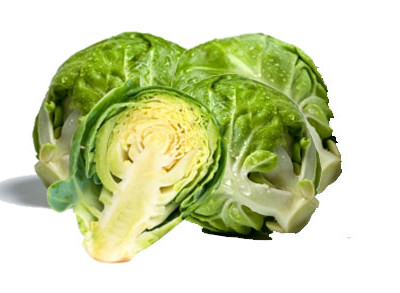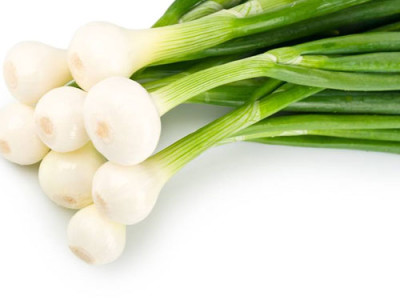
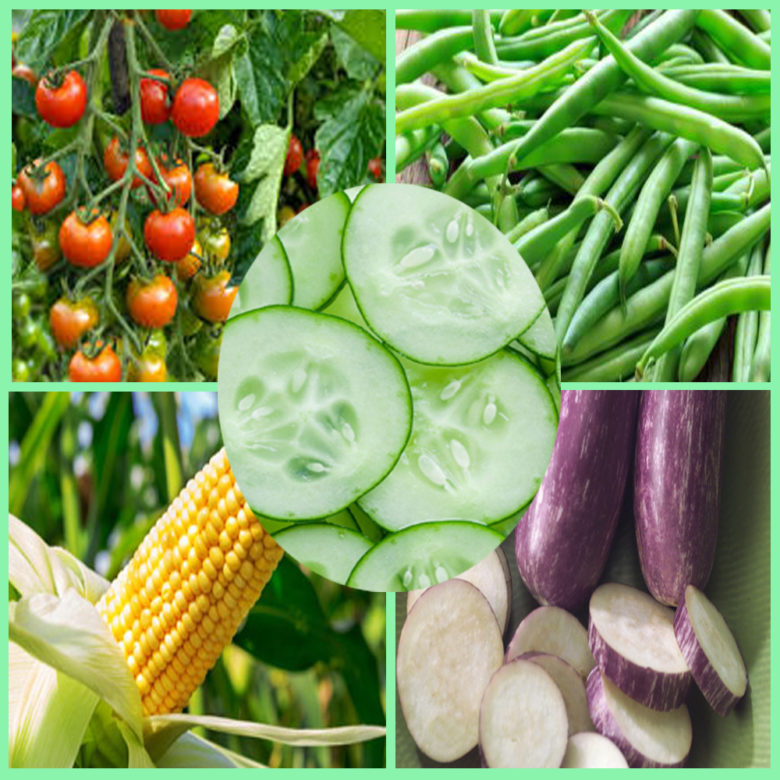
5 Veggies Best For Summer
5 Veggies Best For Summer
1. Cucumber

Why Cucumber
Cucumbers contain 96% per cent of water. Cucumbers are rich in vitamin K. They also contain copper, potassium, manganese, vitamin C, phosphorus, magnesium and vitamin B1. They are ideal for detoxification and preventing dehydration.
Good for Hydration & Detoxification: During summers when we tend to get dehydrated easily. Consuming cucumbers we gain 96% water thus keeping us hydrated. Cucumber also acts as a coolant, providing us relief from the summer heat.
Good for Sunburned skin:Cucumbers are rich in natural botanical compounds that have both antioxidant and analgesic properties. The best way to use cucumbers on sunburned skin is to make a paste of chilled cucumber. Apply the paste to sunburned skin to help soothe sunburn pain and inflammation naturally.
2. Tomato
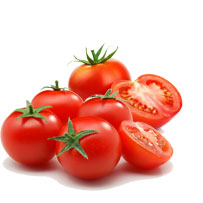
Why Tomato
Tomatoes are a very rich source of vitamins A and C, as well as folic acid. They also contain a number of important antioxidants, including lycopene, choline, beta-carotene and lutein.
Good for Skin: Summer comes long days, warm temperatures, sun and, unfortunately, sunburns. To avoid this, introduce tomatoes into your diet for some extra built-in protection. In a research study, a group of women consumed tomato paste daily for 12 weeks. After 12 weeks, the researchers measured the participants’ skin reddening response to UV light and proved their skin was more resistant to damage from harmful UV rays. In addition, eating tomatoes appears to slow down skin aging.
3. Corn
Corn contains healthy amounts of some important minerals like zinc, magnesium, copper, iron, and manganese. And also good source of phenolic flavonoid antioxidant, ferulic acid. Several research studies suggest that ferulic acid plays vital role in preventing cancers, aging, and inflammation in humans.Corn is loaded with antioxidants–most carotenoids like zeaxanthin and lutein. The high levels of carotenoids in the blood are linked with reduced risk of both macular degeneration and cataracts.
Corn contains Vitamin C and lycopene that increase the production of collagen and prevent UV generated free radicals from damaging the skin.
Corn is one of the most versatile and widely used crops in the world. It is used for a variety of purposes, including food, feed, fuel, and industrial products. Corn is also an important staple crop in many countries, providing nutrition, income, and employment. Corn is incredibly easy to grow and can be grown in a variety of climates and soils. It is drought resistant and can grow in a range of soils and climates, meaning it is a reliable crop for farmers. It is also relatively disease and pest resistant and can be grown in rotation with other crops.
This means farmers can rotate crops to maintain soil fertility and prevent pests and diseases from becoming a problem. Corn is an incredibly nutritious crop. It is a good source of carbohydrates, protein, fiber, and essential vitamins and minerals. It is also naturally gluten-free, making it a great alternative for those with gluten intolerances. Corn is also a good source of energy, helping to keep us full and energized throughout the day. Corn is also a great source of income for farmers. It can be sold directly to consumers or processed into a variety of products such as corn flour, corn syrup, and corn oil. These products can be used for a variety of purposes, from feeding livestock to making products like corn chips and popcorn.
Corn is also a great source of renewable energy. Ethanol is produced from corn, and is used to power vehicles and other machinery. This reduces our dependence on fossil fuels, helping to reduce greenhouse gas emissions and our reliance on non-renewable sources of energy. Overall, corn is an incredibly versatile and useful crop. It provides nutrition, income, employment, and renewable energy. It is easy to grow, drought resistant, and disease and pest resistant. It is also incredibly nutritious and a great source of renewable energy. Corn is a key crop for many countries, and its importance cannot be overstated.
4. Green beans
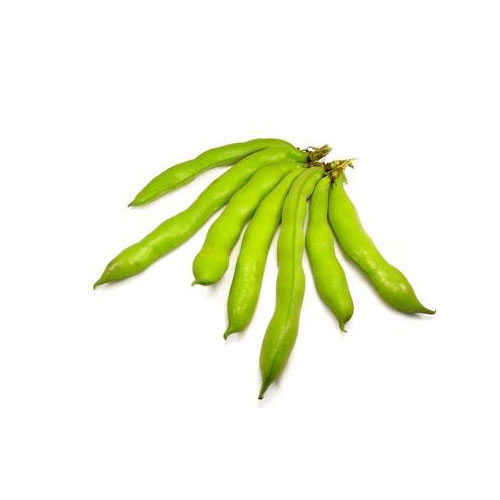
Why Green beans
Green beans contains about twice the amount of iron . If you are struggling with anemia, dripping energies or low metabolism – then green beans is the magical food you need.
Green beans contain carotenoids and are an excellent source of vitamin A. The nutrient fights inflammation and boosts your immune system.
Green beans is nutritional powerhouse can do wonders for your skin. And also loaded with an easily absorbed type of silicon, which are important for the formation of healthy connective tissues and boosting skin health.
5. Eggplant
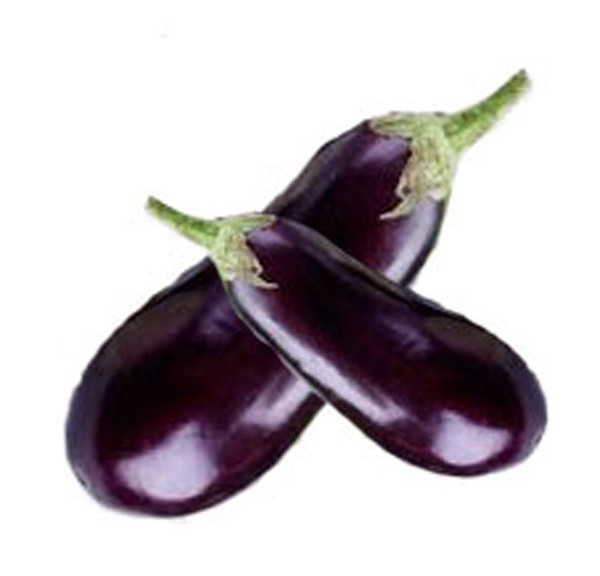
Why Eggplant
Eggplant contains fiber, potassium, vitamin C, vitamin B-6, and phytonutrient. The leaves and roots are juiced or boiled to make a tonic for throat and stomach troubles, asthma, skin diseases, rheumatism, inflammation, intestinal hemorrhages, foot pain, coughs, anorexia, toothache, or as a general stimulant.
The huge range of minerals and vitamins in eggplants make them a great addition to your everyday diet and an excellent source of many nutrients that your body needs to stay functional and healthy. And that can have a healthful effect on your cardiovascular system.


